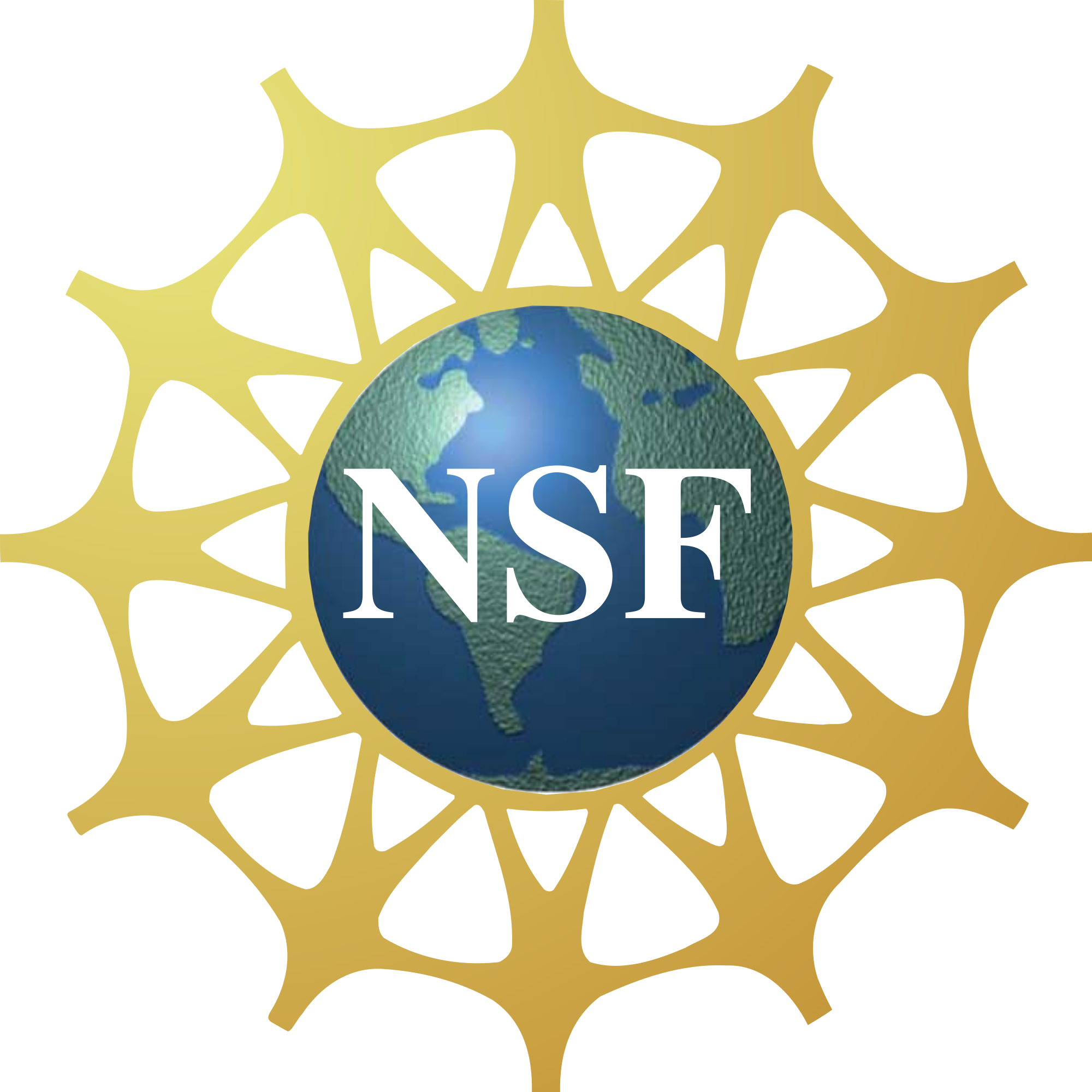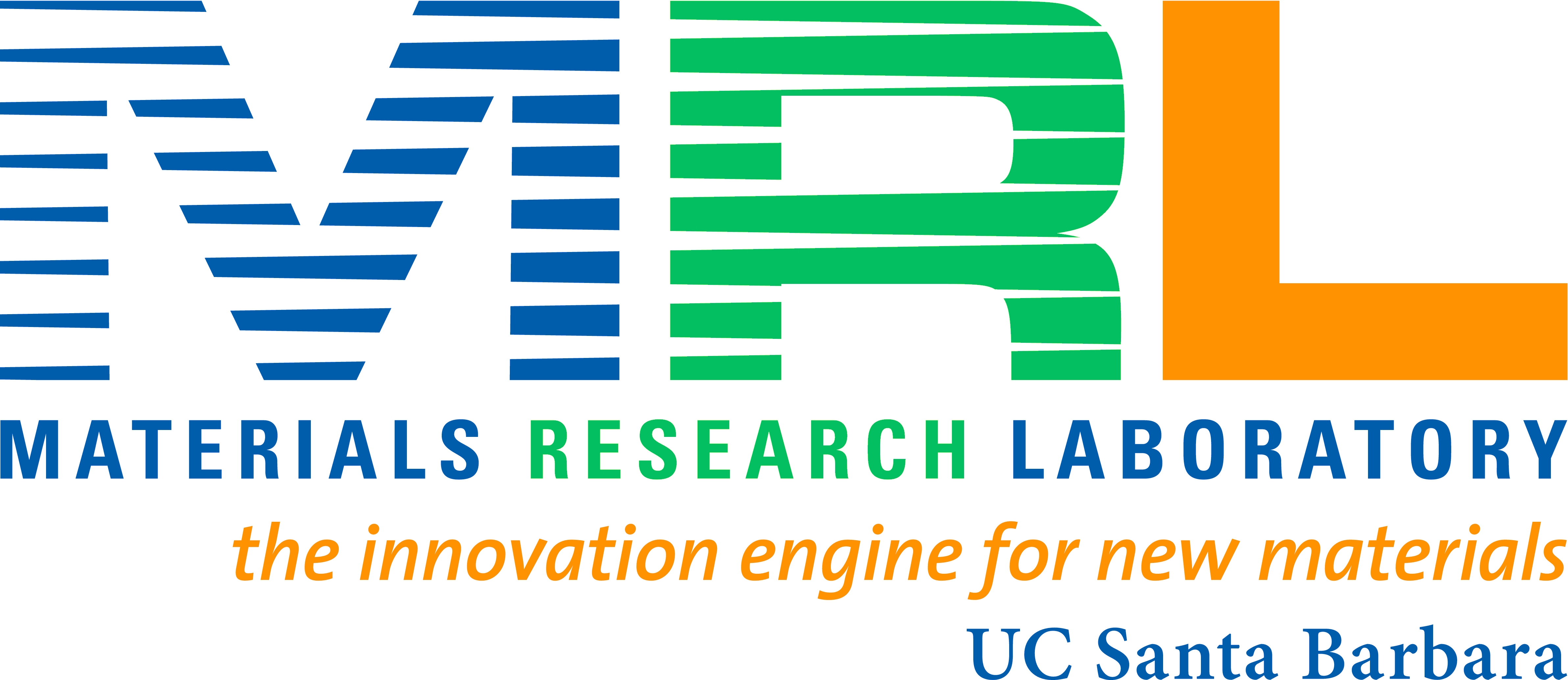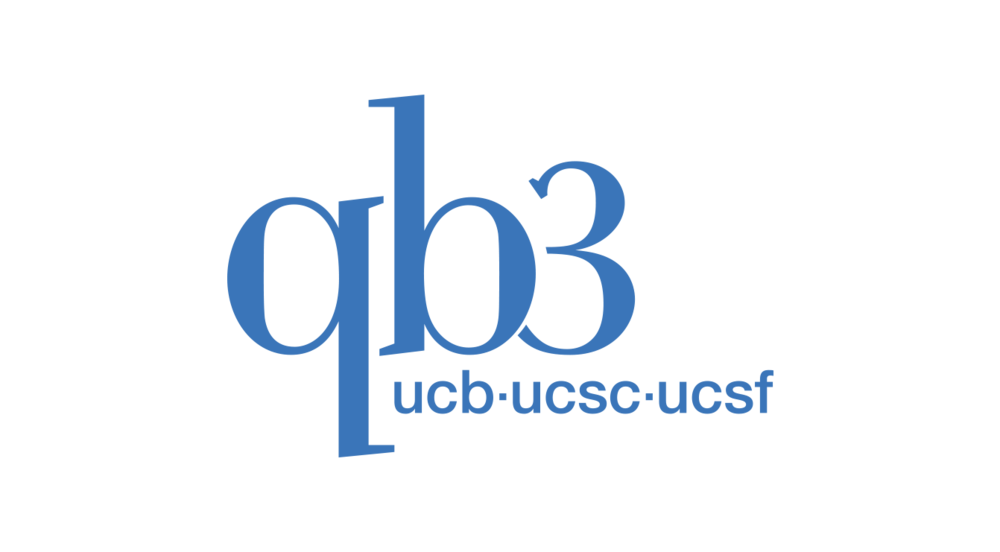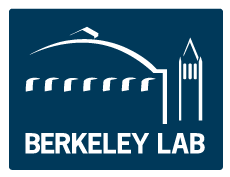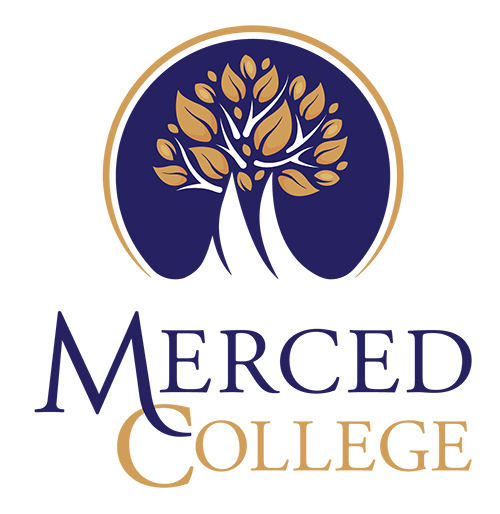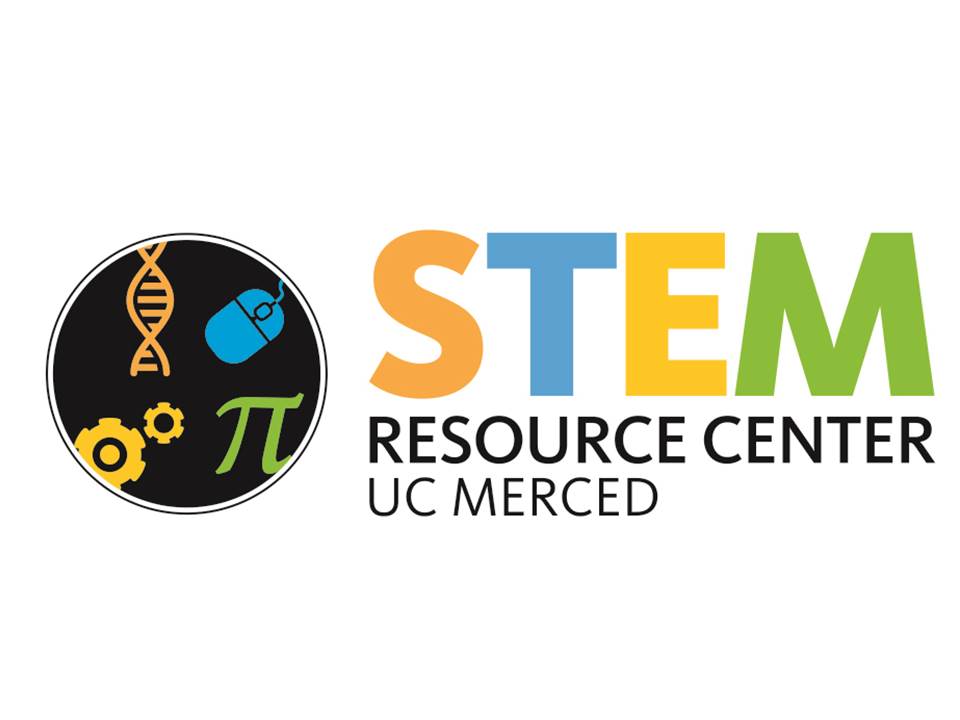July 18, 2019
All are invited to attend a special CCBM seminar with guest speaker, Dr. Robert Endres. More information below.
CCBM Seminar with Dr. Robert Endres, “Entropy maximization for inference of cell behavior”
Wednesday, July 31
1:30 pm – 3:00 pm
SE1 270K
Abstract
Cells transmit information during sensing and signaling to ultimately regulate their behavior e.g. during migration in external chemical gradients. Statistical mechanics can contribute significantly to unraveling underlying principles. Here, I will give three examples: First, I will demonstrate the application of information theory to bacteria, predicting their inaccessible chemical environments, chemotactic drift, and biochemical pathway designs. Second, I will demonstrate that eukaryotic cell shape, despite appearing complex, is surprisingly low-dimensional, and predict long-time cell behavior based on instantaneous cell shape and short-time cross-correlations. Third, I will briefly outline recent work on thermodynamic principles governing stochastic transitions in far-from-equilibrium systems. While fulfilling certain trade-offs, entropy production is the key determining factor promoting such transitions.
About the Speaker
Robert Endres is University Reader (Associate Professor) in Systems Biology at Imperial College London. His research group addresses fundamental problems in sensing and signaling in collaboration with biologists. Before starting at Imperial College in 2007, Robert was a postdoctoral researcher with Prof. Ned Wingreenin the Molecular Biology Department at Princeton University, where he deciphered the remarkable signaling properties of bacterial chemotaxis, and atomistically predicted protein-DNA binding sites. In 2002 he obtained a PhD in Physics from the University of California at Davis. His work, conducted in the group of Prof. Daniel Cox, dealt with charge transfer in biomolecules, in particular in DNA. In 1999 he obtained a Masters degree in Physics from the University of Göttingen in Germany. Robert also spent the academic year 1996/1997 at the University of California at Santa Cruz.
Contact: CCBM Programs Manager, Nora M. Cole ncole2@ucmerced.edu
External Links:


